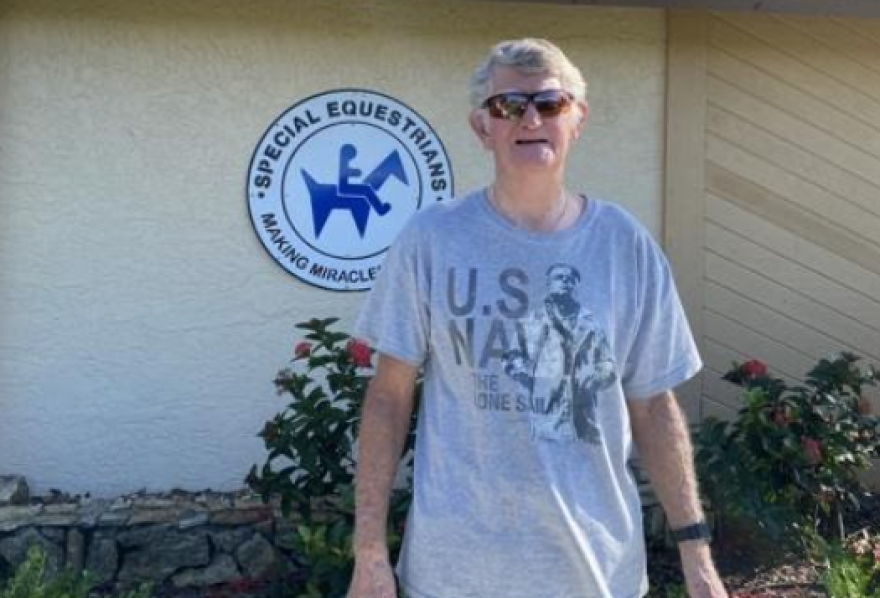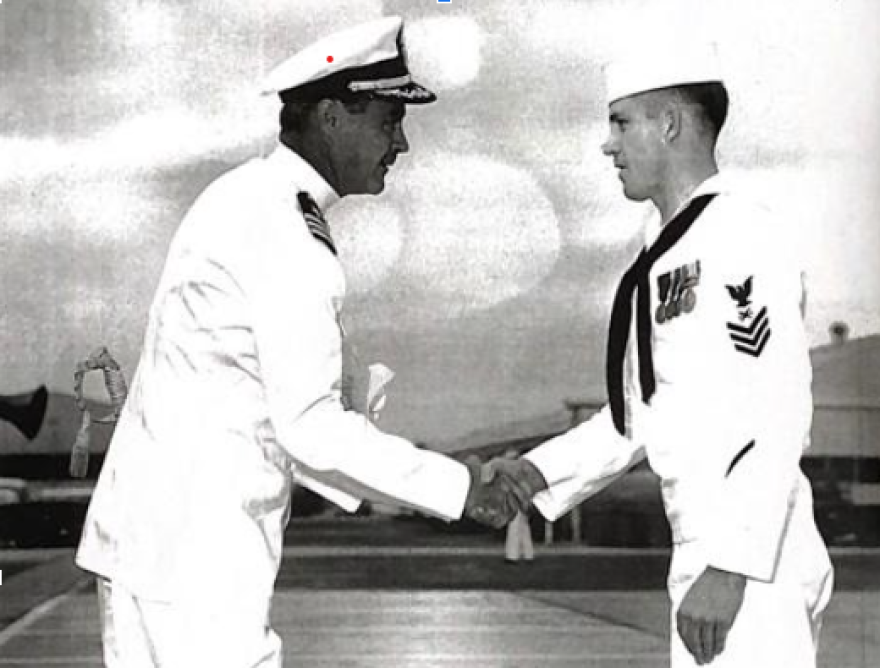Bill Curtis was in the U.S. Navy for many years. He joined the service in 1953 at the end of the Korean War. For two years he was a cryptographer. He has a head for data.
"I was in the United States Navy for 20 years, five months and 18 days," said Curtis. "The only medals I earned, 20 years of good conduct, five medals."
During his active duty in Italy, he excelled in teletype communications.
"When I was transferred to Naples, Italy to work with NATO, somebody knew they were going to make a cryptographer out of me," he recalled.
His work, as you might expect, was top secret.
"But if you came into my crypto room and I looked through the peephole and your name wasn't on my list...you could be a four-star admiral, you weren't getting in my crypto room because you didn't have a crypto clearance," he said.
"You got a big steel door and a peephole and a rack of rifles next to it. And you have, we call them Willy Peter, white phosphorus grenades. It’ll go through steel, concrete, and we were in a cave. Get it past the guards and enter the cave and past my door, then I blow everything up."
Curtis wasn't cooped up in the crypto cave the whole time. He loved the travel he did as part of the job. He said, though, he wishes he had paid more attention.
"Look at me. I'm 17, I'm in Japan. I didn't really appreciate what I had when I was over there. I didn't appreciate the Asian culture. I'll always regret that."
He left the Navy Reserves in 1991. Now he volunteers at Special Equestrians which is a far cry from being locked in a room deciphering code language. Special Equestrians is a place where children with special needs ride horses as a form of therapy. Curtis has been there for 32 years. Even before that he had a job working with special needs children.
"But I've worked ever since 1965 almost continuously in some capacity or other with special needs children, and here they've got these kids and they're up on horses," he said. "I go 'Holy, I want some of this.'"
He says that Special Equestrians is some of the most compelling work he has ever done.
"And here I am. I'm never quitting."





